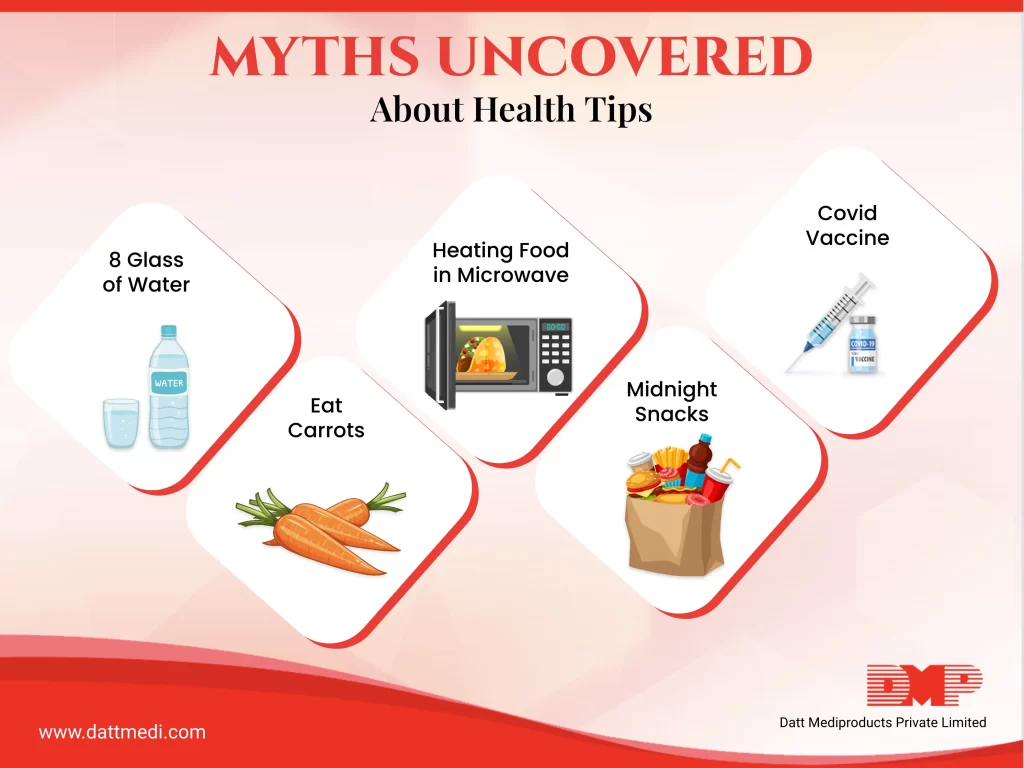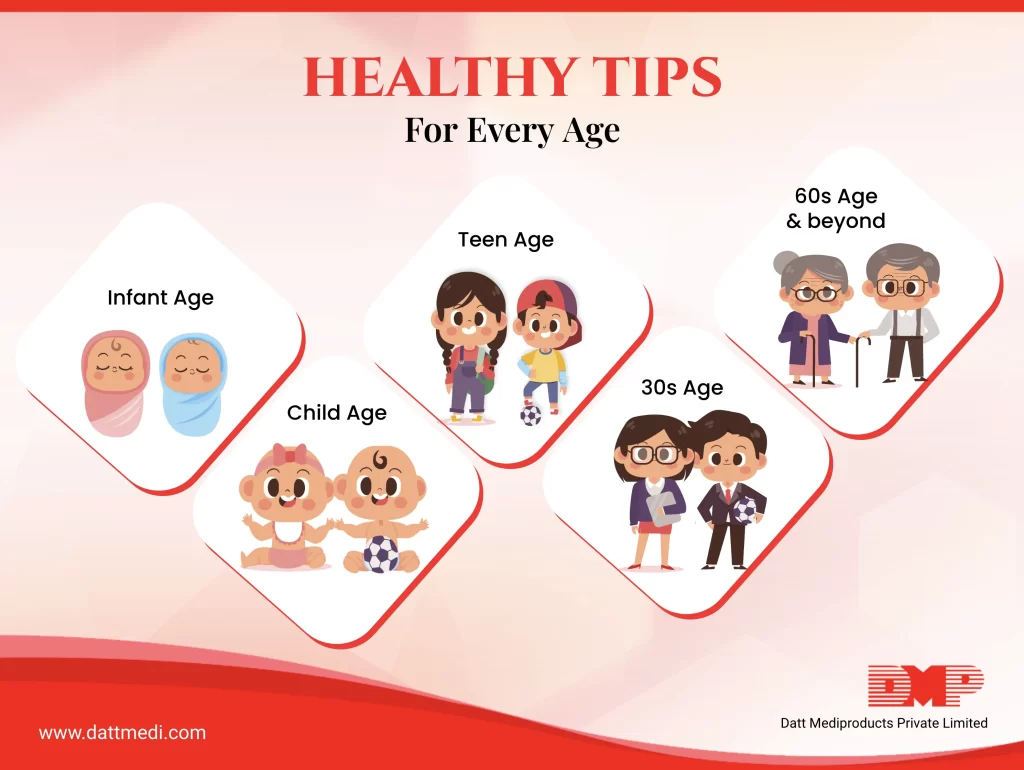
Safe Alternatives: Choosing Organic and Authentic Foods
In a world in which food selections are abundant, the importance of selecting safe and real options can’t be overstated. The growing concerns about meal adulteration have sparked international communication about the capability risks to our fitness.
In today’s blog post, we’ll explore the significance of opting for wholesome, authentic meals. We’ll shed light on both the nutritional benefits and potential risks associated with conventional food choices.
Opting for informed alternatives about the food we consume is crucial for maintaining overall well-being. Safe and authentic meals are not just a preference; they’re a necessity. The quality of our diet directly impacts our health, and recognizing the importance of this connection empowers individuals to make conscious choices.
The increasing occurrence of food adulteration poses severe risks to public fitness. Adulterants in food can range from harmful chemicals to contaminants, posing ability threats inclusive of allergies, toxicity, and long-term fitness issues. It is critical for consumers to be privy to these risks and take proactive measures to protect their fitness.
Nutritional Benefits of Organic Produce:
Organic foods, cultivated without synthetic pesticides and fertilizers, often boast higher nutritional value. These nutrient-wealthy alternatives make contributions to better universal health, helping the body with crucial nutrients and minerals. Selecting organic produce goes beyond mere dietary choices; it signifies a commitment to personal wellness and a proactive investment in long-term health.
While organic produce often receives attention for its nutritional advantages, it’s important to recognize that conventionally grown foods can also contribute essential nutrients to our diets. Conventional farming methods, while involving the use of synthetic pesticides and fertilizers, still yield fruits and vegetables rich in vitamins, minerals, and other beneficial compounds. For many consumers, conventional options may offer affordability and accessibility without compromising on nutritional value. Incorporating a variety of fresh fruits and vegetables, whether organic or conventionally grown, into our diets can provide a diverse array of nutrients necessary for optimal health and well-being.
Risks of Food Fraud and Health Hazards:
Food fraud is a pervasive global issue that undermines the reliability of the food supply chain. From mislabeling to dilution with inferior substances, fraudulent practices can result in various negative health impacts, including allergic reactions, digestive problems, and even long-term illnesses. Consumers must remain vigilant and informed to protect themselves from the potential consequences of consuming adulterated foods.
Common Adulterants in Conventional Foods:
Understanding the common adulterants found in conventional foods is key to making informed decisions. From artificial preservatives to pesticide residues, being aware of these additives allows consumers to scrutinize product labels and opt for alternatives that prioritize health and authenticity.
Choosing organic and authentic foods offers a wealth of health advantages, particularly in terms of beneficial nutrients such as antioxidants and vitamins. Organic produce tends to contain higher levels of antioxidants, which are crucial for combating oxidative stress and reducing the risk of chronic diseases like heart disease and cancer. These antioxidants include vitamins C and E, as well as phytonutrients like flavonoids and polyphenols, which play key roles in supporting overall health.
Additionally, organic fruits and vegetables are often richer in vitamins compared to conventionally grown counterparts. For instance, studies have shown that organic produce can have higher levels of vitamin C, which is essential for immune function, collagen production, and wound healing. Similarly, organic sources of vitamin E, an important antioxidant, can help protect cells from damage caused by free radicals and support skin health.
Embarking on the path to optimal health begins with the mindful choices we make regarding the food we consume. Opting for safe and authentic options, such as organic produce, not only enhances individual well-being but also plays a role in fostering a healthier and more sustainable food system.
Let’s prioritize our health and the well-being of the environment by making informed decisions about the food on our plates.




